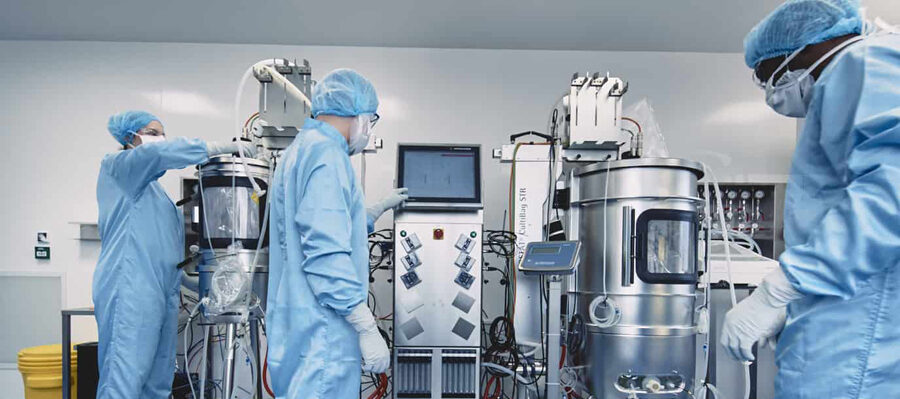Oxford BioDynamics shortlisted for a strategic Government initiative to improve cancer immunotherapy
Oxford BioDynamics, a precision clinical diagnostics company, based at ARC Oxford, has formed a strategic consortium which has been shortlisted for the UK Government’s Checkpoint Inhibitor Response Research Platform (CIRRP) award call for biomarker development around immunotherapies of cancer. If successful, the consortium’s proposal will provide NHS patients with access to Oxford BioDynamics EpiSwitch CiRT (Checkpoint inhibitor Response Test).
CIRRP is a £9 million initiative aimed at putting the UK at the forefront of cancer treatment, that was announced by The Medical Research Council and the Office for Life Sciences, part of the Department of Health and Social Care and the Department for Science, Innovation and Technology earlier this year.
Oxford BioDynamics consortium consists of world leading experts in molecular epigenetics at the University of Oxford, in clinical metabolomics and lipidomics at the University of Birmingham, and in cancer treatment with Imperial College Healthcare NHS Trust and Norfolk and Norwich University NHS Trust.
If the consortium’s proposal is successful, NHS patients with colorectal, prostate, breast, ovarian or lung cancer would be prospectively evaluated with CiRT and together with their clinical outcomes and individual genetic, epigenetic and metabolic states used to offer mechanistic insights into their immune systems and clinical outcomes.
Cancer does not exist in isolation. The most successful approaches for treating cancer will need to consider the larger systemic picture, comprising a combination of the tumour, its interaction with its environment, the immune system, and a patient’s genome and epigenome. The EpiSwitch® CiRT is a first-of-its-kind blood test that accurately predicts an individual cancer patient’s therapeutic response to immune checkpoint inhibitors (ICIs), providing unique benefits for physicians in treatment planning and navigating complex decisions.[3,4]
With a special award from the Partnership for Accelerating Cancer Treatment (PACT), Washington DC, OBD has developed the prognostic HiRT, demonstrating over 85% accuracy for the first 60 participants in the independent validation cohort. When combined with CiRT calls for response/non-response to ICI, it offers highly specific prospective identification of patients who are likely to 1) respond to ICI therapy and 2) accurately identify patients likely to exhibit an HPD response to ICI treatment, both extremely useful for clinical patient management and potentially leading to reduced costs, socioeconomic benefits and improved patient outcome.
Professor E. Jane Mellor, Department of Biochemistry, University of Oxford, said: “It is a real privilege to be involved in this potentially transformative initiative, to work with visionary clinicians, entrepreneurs and basic scientists, and to see how this disruptive technology, which combines epigenetics and metabolomics, is being applied for the benefit of patients within the NHS.”
You can read the full new article here.



